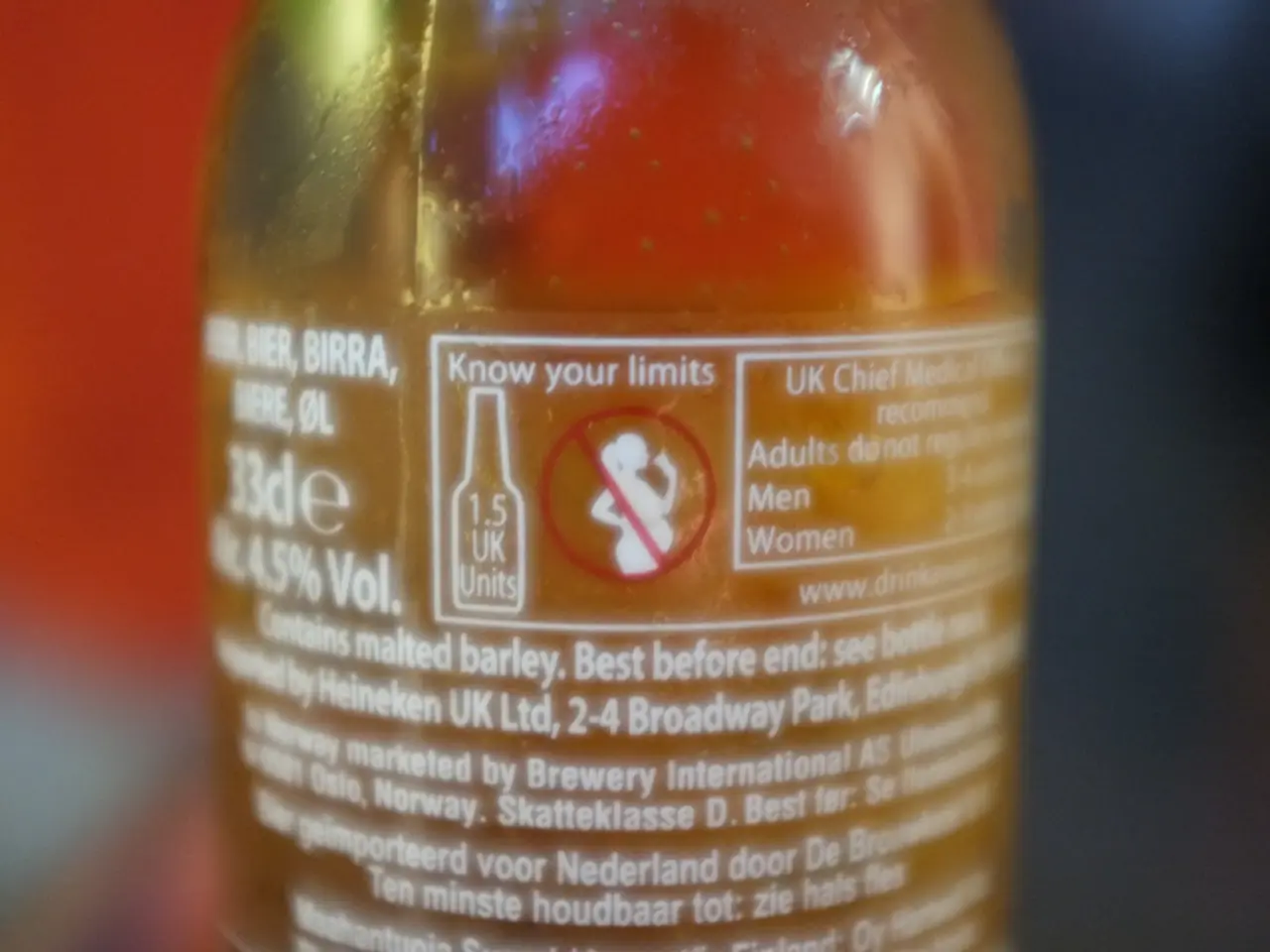Protecting Against Heat Exhaustion, Sunburn, and Related Issues in Munich During Hot Weather
In the sweltering heat of summer, it's crucial to prioritise hydration and heat safety. Here's a rundown of what you need to know to stay cool and healthy.
Sunstroke and heatstroke are two heat-related illnesses that can be life-threatening if not treated promptly. Symptoms of both conditions include headache, nausea, vomiting, dizziness, stiff neck, changes in mental state, and a fever above 40°C. Heatstroke symptoms also include hot, dry skin, rapid pulse, rapid breathing, muscle cramps, diarrhea, low blood pressure, and confusion. A heatstroke is always a medical emergency and requires immediate attention.
To avoid these conditions, it's best to limit your time in the blazing sun. If you must be outdoors, remember to seek shade regularly and wear loose, light-coloured clothing.
When it comes to hydration, plain water remains the best choice. Drink regularly before you feel thirsty to avoid dehydration symptoms like dizziness or fatigue. To replenish electrolytes lost through sweat, consider drinks like coconut water, diluted sports drinks, or foods like bananas and pretzels. Herbal teas without caffeine, such as cold mint tea, are refreshing and hydrating alternatives to plain water.
It's essential to avoid excessive intake of caffeinated and alcoholic drinks, which can make dehydration worse. Similarly, drinks high in sugar or artificial sweeteners may worsen dehydration by increasing water loss or causing digestive upset.
Eating water-rich fruits and vegetables, such as watermelon, cucumber, and strawberries, helps maintain hydration and provides nutrients.
The elderly and those who sweat less are at a higher risk of heatstroke. Children, particularly those with little or no hair on their head, and children in general, have a higher risk of heatstroke due to their thin skin and skull bones.
First aid for sunstroke or heatstroke includes moving the person to a cooler, shaded area, elevating their head, loosening tight clothing, giving them something to drink if conscious, cooling the body (not with ice directly on the skin), monitoring breathing and consciousness, placing them in the recovery position if they become unconscious, and beginning CPR if breathing stops.
By following these recommendations, you can maintain fluid balance, prevent heat-related illnesses, and promote overall health during hot weather. Stay safe, stay hydrated, and enjoy the sunshine responsibly!
[1] Mayo Clinic. (2021). Heat exhaustion and heatstroke. https://www.mayoclinic.org/first-aid/first-aid-heat-illness/basics/art-20056730
[2] American Red Cross. (2021). Heat Safety Tips. https://www.redcross.org/take-a-class/first-aid/first-aid-training/heat-safety-tips/
[3] Harvard Health Publishing. (2021). Hydration: How much water do you need? https://www.health.harvard.edu/staying-healthy/hydration-how-much-water-do-you-need
[4] National Health Service. (2021). Heatwave advice: how to cope in hot weather. https://www.nhs.uk/live-well/healthy-body/heatwave-advice-how-to-cope-in-hot-weather/
- In the realm of health-and-wellness, staying hydrated is crucial during summer to prevent heat-related illnesses, such as sunstroke and heatstroke.
- Taking care of your skin isn't just about skincare products—it's also important to hydrate properly to maintain healthy skin in the heat.
- To ensure overall well-being, nutrition plays a vital role alongside fitness-and-exercise, therapies-and-treatments, and hydration during hot weather.




